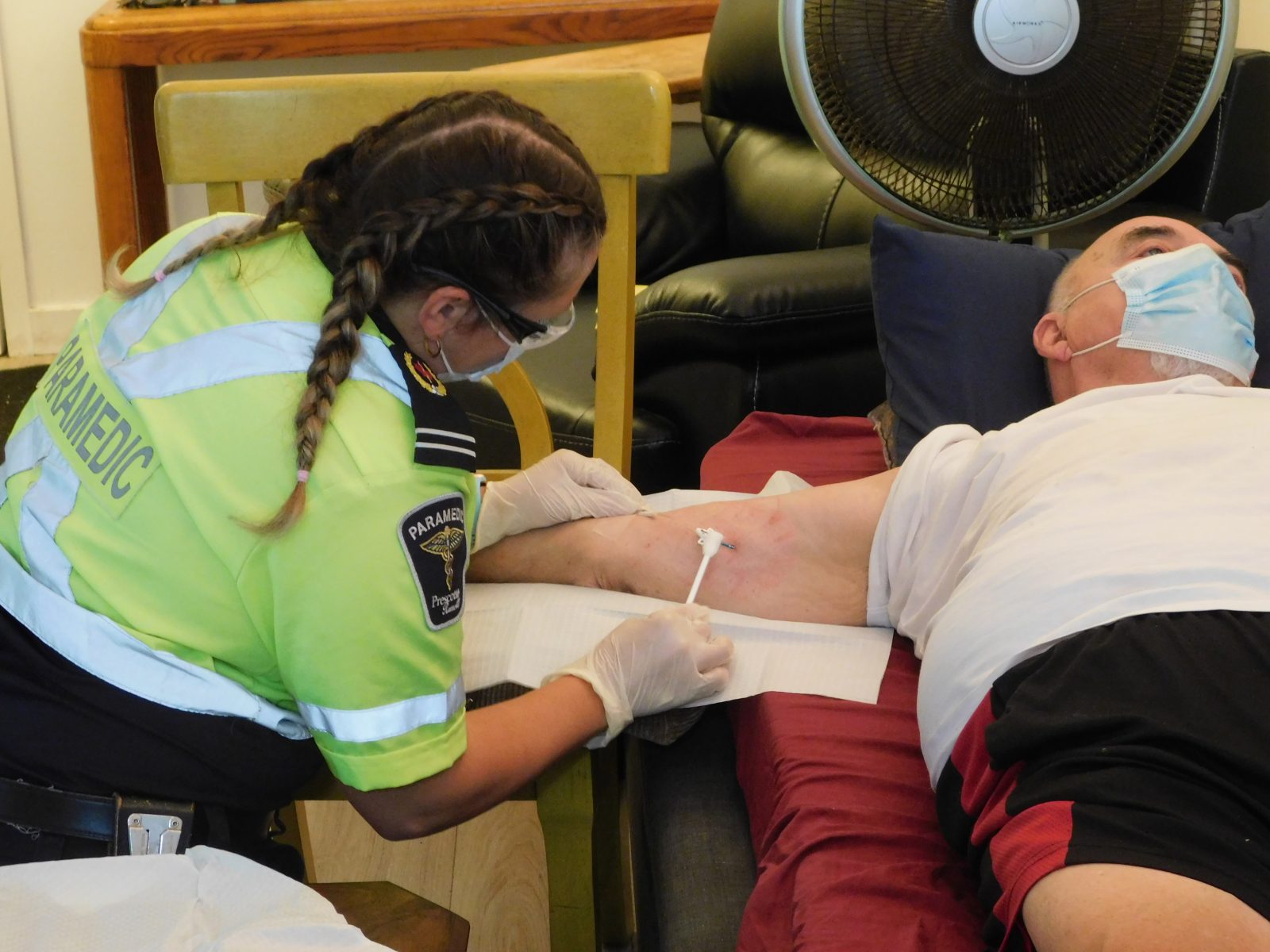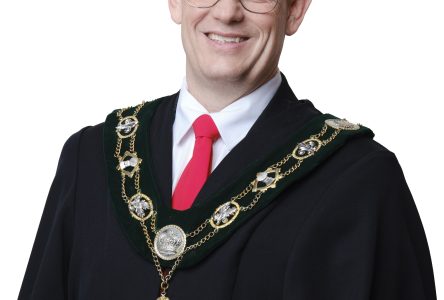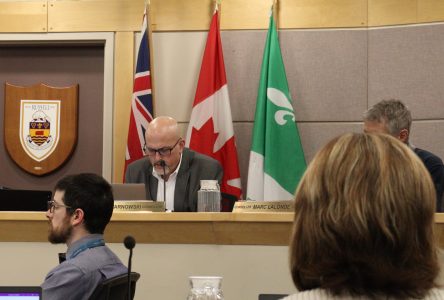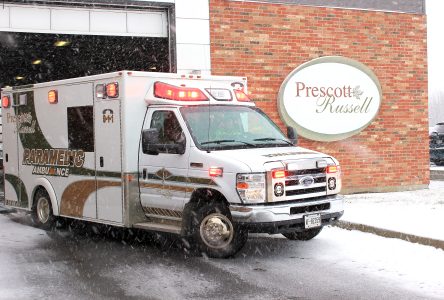We’ve had confirmation of funding coming,” said Marc-André Périard, director for the United Counties of Prescott-Russell emergency services department (UCPR). “They (provincial officials) are just deciding on the amount.”
The UCPR emergency services department’s regional ambulance program is one of several chosen for provincial support of a community paramedics program through the health ministry’s High Intensity Surge Fund (HISF). The goal of the HISF is to use local paramedics to provide some medical home-care services to residents recovering from major surgery or other treatments for disease or other medical conditions to reduce the length of their original hospital stay and also reduce the need for return visits to hospital for simple follow-up medical needs like blood-test monitoring or antibiotic renewals.
The UCPR has had a community paramedic program for five years. When it started, local paramedics would provide on-site assessments of someone’s home-care medical needs and a referral to community hospitals or clinics or other home care services. Now the program provides a limited range of home-care medical aid, ranging from vaccinations for seniors and shut-ins to providing detailed evaluations to assist doctors with patient treatments.
The UCPR received $175,000 in HSIF funding support for its community paramedic program until March 2021. The extended funding supports the program until March 2022. The department may also be eligible for further HSIF money if there is any surplus in the fund at the end of the provincial government’s fiscal year next March.
Meanwhile Périard is waiting for a response from the Ministry of Long-Term Care about the UCPR’s application to become part of Phase 2 funding for the ministry’s Community Paramedics Independent Support program. Five Ontario municipalities were chosen for Phase 1 of the program in 2020. Phase 2 will see 33 more municipal and regional ambulance services added to the funding support list.
“That’s one program we have reached out for,” Périard said, adding that the UCPR sent a delegation to the recent Association of Municipalities of Ontario convention to lobby ministry officials on the department’s application.
“They (ministry) have told us to be ‘cautiously optimistic’,” said Périard, adding there is no indication yet when the ministry will announce the successful 33 applicants for Phase 2 funding.
“What we are hoping is to have enough funding to have three full-time paramedics available seven days a week,” Périard said regarding how the funding could benefit the community paramedic program.
If successful, the UCPR would have secured funding for its program until April 2024. Périard noted that the UCPR has been fortunate in the support received so far from senior government and the business sector for a program that proved its value last year during the pandemic for homebound residents with various medical needs.
“I think that community paramedics will be taking a more high-end role in the future,” he said.



